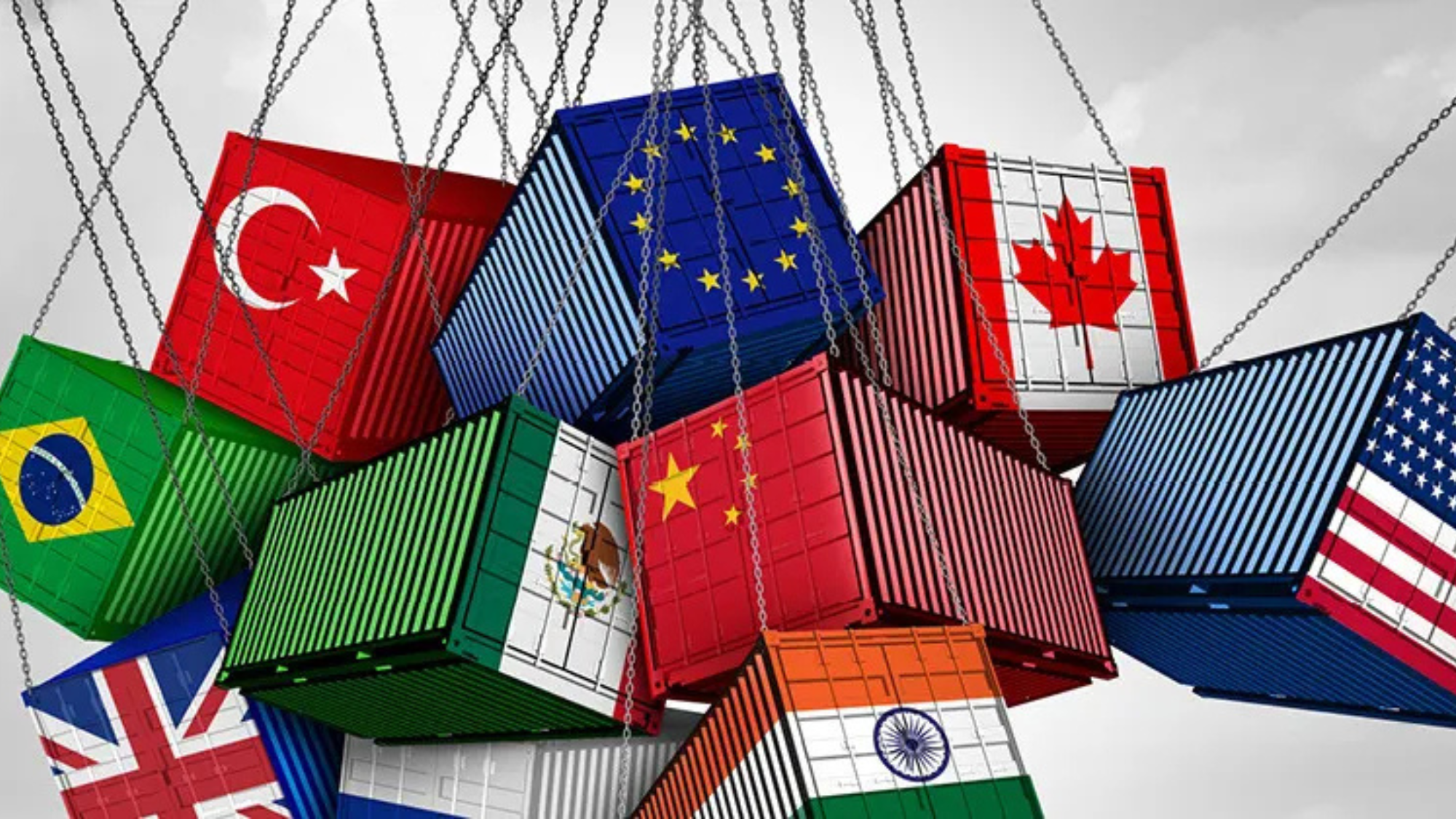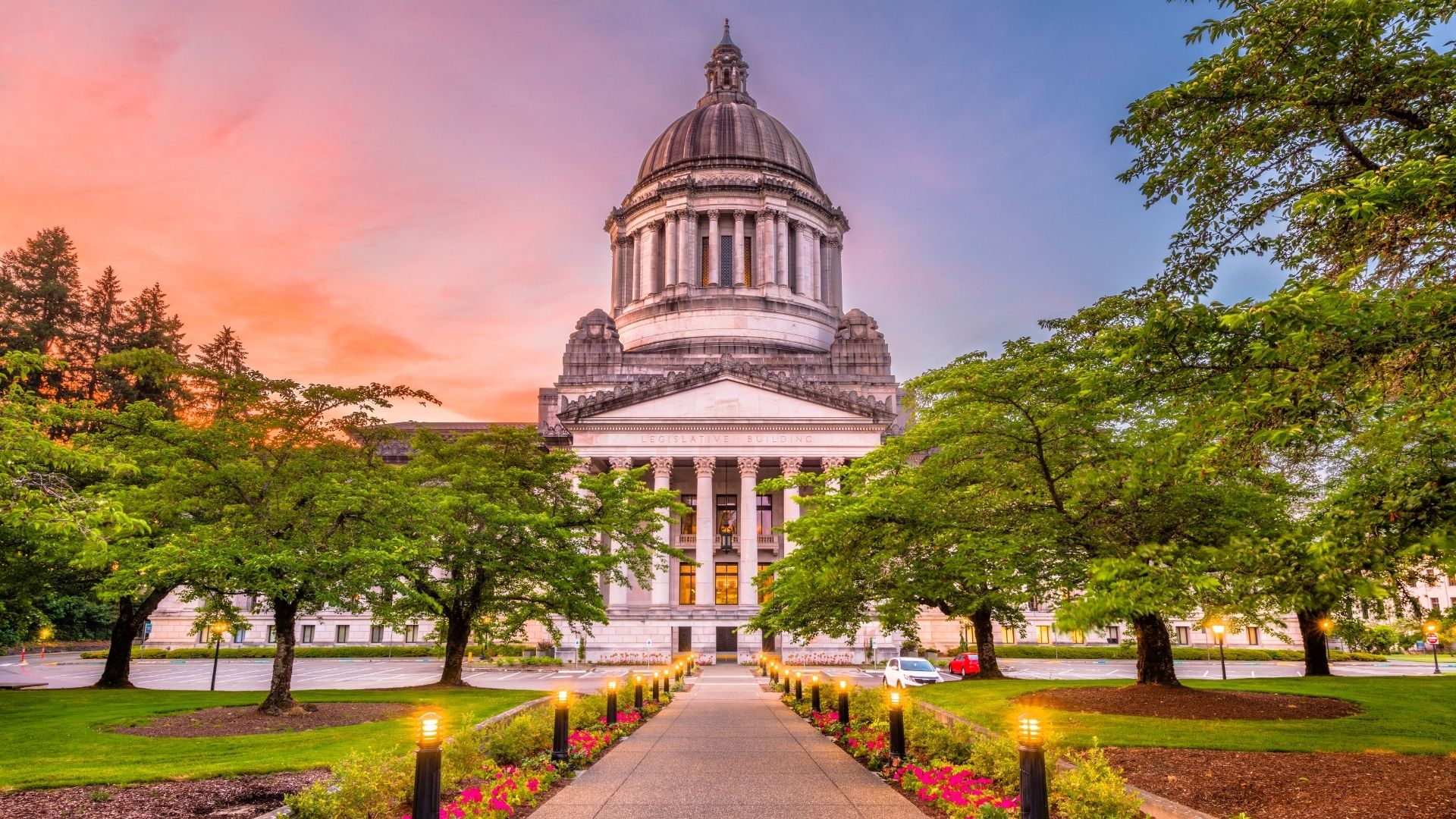
The escalating U.S.–China trade conflict is threatening to upend the most important shopping events of the year, from Amazon Prime Day and Fourth of July sales to Black Friday and Cyber Monday. President Trump’s recent hike in tariffs, including a 145% duty on some Chinese imports, has retailers and manufacturers warning of delayed shipments, increased prices, and possible product shortages during peak shopping periods.
China has recently signaled a willingness to reopen trade discussions, but with holiday order deadlines rapidly approaching, business leaders say time is running out. For many, the next month will determine whether shelves are fully stocked or painfully sparse come late summer and fall.
Lauren Greenwood, president of home goods brand YouCopia, said her company halted shipments in April after a factory shutdown in Nanjing. With containers of products sitting idle and tariff costs jumping from $2,500 to as much as $80,000 per shipment, restarting production isn’t feasible without tariff relief. “We’ve already raised prices 20–25%,” Greenwood said. “But we can’t sustain this without changes.”
Retailers have attempted to cushion the blow by front-loading shipments before tariffs took effect, but that’s proving insufficient. Small and mid-size businesses are especially exposed, says Jon Gold of the National Retail Federation, as they lack the financial flexibility to absorb the new costs.
Amazon is also navigating the uncertainty. CEO Andy Jassy told investors it’s unclear how tariffs will impact the platform, given the wide range of third-party sellers and their varied pricing strategies. Some may pass along costs, others may not—but either way, volatility is expected.
Other brands, like baby gear maker Colugo, are warning customers that product availability could tighten. General Manager Melissa Gad said she’s paused manufacturing and is advising parents to shop early. With fewer promotions planned, typical holiday discounts may be hard to come by.
Supply chain data from interos.ai shows a 53% drop in U.S. holiday imports since Trump’s tariff announcement in early April. Nearly half of U.S. seasonal imports typically come from China, making the situation especially precarious for goods like toys, apparel, and electronics.
Even if a trade agreement comes soon, logistics experts warn that production and shipping delays could still mean holiday shortages. “If vessels have already been rerouted, getting them back will take weeks,” said OL USA CEO Alan Baer.
Still, not all is lost. Some companies are shifting production to India and Southeast Asia to keep inventory flowing. Paul Brashier of ITS Logistics said increased shipments from outside China are softening the blow, though higher prices remain likely.
With canceled sailings piling up and growing tension at U.S. ports, the holiday retail season is shaping up to be both leaner and more expensive. Unless a resolution is reached soon, shoppers could face fewer choices and steeper prices on everything from toys to household staples.

